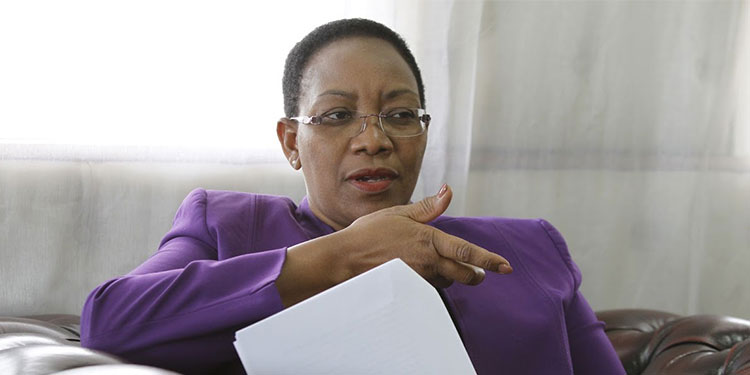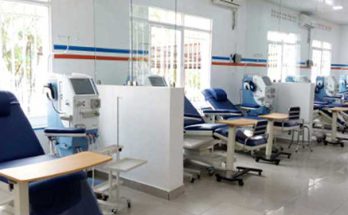 UHC – The Universal Health Coverage pilot program has made a demand for healthcare services in the country.
UHC – The Universal Health Coverage pilot program has made a demand for healthcare services in the country.
Sicily Kariuki, The Health Cabinet Secretary (CS) announced the program which is being held in the counties of Isiolo, Kisumu, Machakos, and Nyeri, has expanded health services to a population of 3.2 million Kenyans, in a period of 12 months and has provided the Ministry and County governments key lessons to forward it to the rest of the country.
UHC forms one of the Government’s Big Four Agenda, with the aim that Kenyans are able to access essential quality health services without suffering financial hardship; leaving no one behind.
The CS highlighted that the Government has learned very important lessons from the pilot among them, the role of technology to increase access to service delivery and help in prompt decision making. “Utilization of these investments can save time and reduce the distance covered to facilities,” the CS reasoned.
The CS disclosed that among key evolving lessons the pilot program has exposed includes the need to reorganize the health systems towards a Primary Health Care Approach, the need for a skilled health workforce and involvements that increase their productivity, and community ownership of the UHC Program to ensure the success of the program. “The interest by the diaspora to participate in the program confirms that community participation in health is the foundation of ‘leaving no one behind’.
She said the Ministry of Health and County Governments will make progressive investments towards Human Resources for Health and shall engage the private sector to complement the initiatives in health service delivery. “Healthcare sector is set to rise to USD 65 billion and Kenya is open to private sector investment in the healthcare sector,” she stressed.
Others areas of investment the CS mentioned includes domestic manufacturing of medicines and commodities, supply chain and logistic investments, mobile technology, to provide increased access to health services, investments in human Resources by leveraging on innovative medical education interventions in technology to build capacity, data and diseases surveillance through the prediction and response in outbreaks and epidemics, health financing through the promotion of pre-payment and the provision of complementary health insurance services among others.
The CS revealed that Interventions are also underway to support the health sector through governance reforms that will yield efficiencies. “This reform agenda will include repositioning and alteration of NHIF as a strategic purchaser in the context of UHC and reforms in KEMSA with the aim of improving the access to medicines and health commodities,” she noted
Among the possible areas of public & private partnerships the CS highlighted, includes teamwork to increase access to health services by leveraging on the use of technology such as provision of telemedicine and medical education through e-learning, Heart disease, investments in the field of diagnostics in particular diagnostics in cancer, interventional radiology and radio-oncology which are essential to Kenya.
She commended the active engagement of the movement in the UHC journey. “We look forward to humanizing the ideas and experiences that you have gathered from the movement, repeating our commitment towards meeting the UHC Schedule and ensuring no Kenyan is left behind,” she said.



